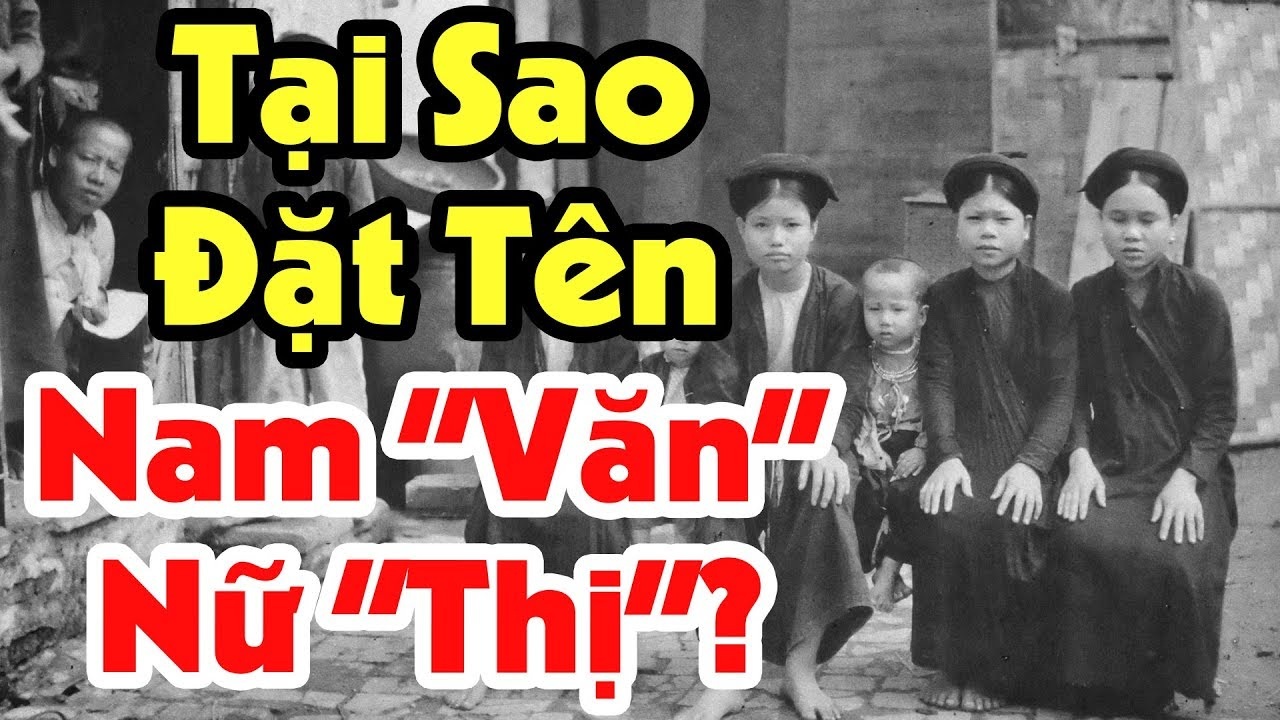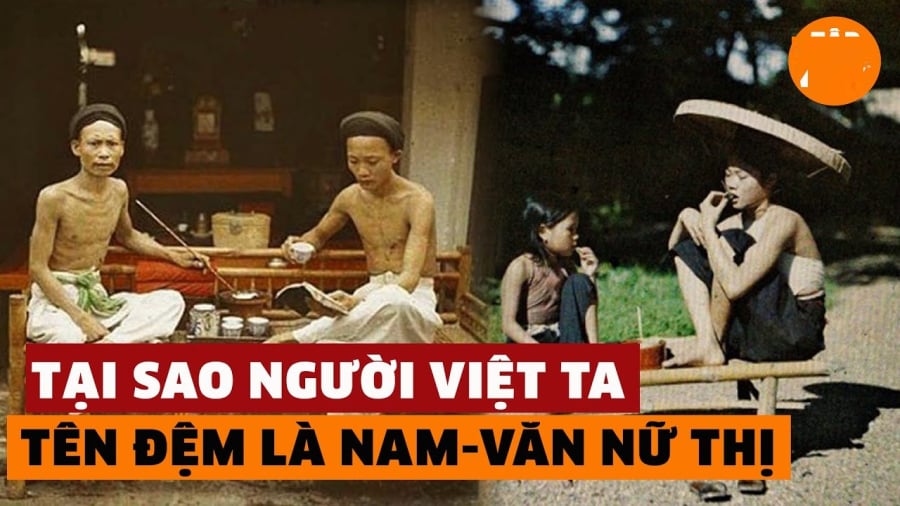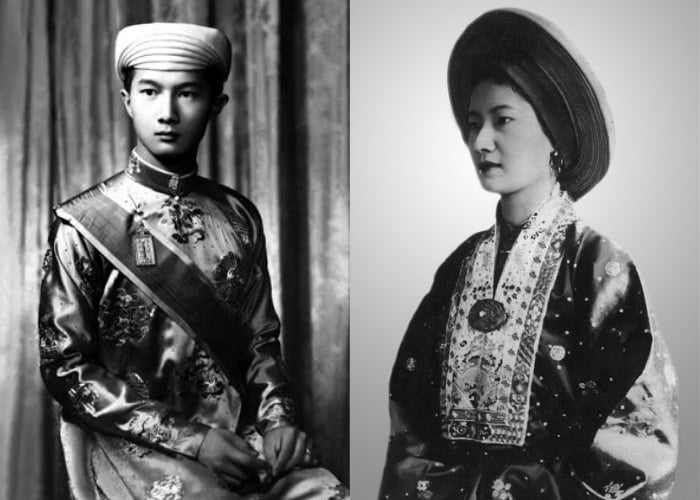(Yeni) – Since ancient times, in the naming of Vietnamese children, there have been phrases that often appear before the main name such as “male Van, female Thi”, this is also a long-standing tradition that has been preserved until now. until today.
Naming a child is considered an extremely important responsibility, because this will determine the meaning and how the child’s future and destiny will unfold. Therefore, Vietnamese people from ancient times when naming their children often did not forget the middle letters: “van” for boys, “thi” for girls to distinguish gender in everyday calling.
Boys’ names often have the middle name “Van”
First of all, for men, the ancients believed that any family that gives birth to a son will be blessed and much more “valuable” than a daughter. Like the sentence “One man writes one, ten women writes no” means that one boy is better than ten girls. At the same time, in the feudal era, only boys were allowed to go to school to study and take exams. Every family hopes that their son will be literate, knowledgeable, and literate. That’s why when naming their children, they always use the word “Van” as the middle name so that they can have a smooth career path.
Over time, the word “Van” has become increasingly popular as a name for boys to realize their parents’ dreams. Over time, this became the mindset of Vietnamese people until modern times. Today, in many places throughout Vietnam, people still prefer the naming formula (Surname) + Van + (First name) to commemorate their ancestors’ roots.
Girls’ names often have the middle name “Thi”
For women, the name often has the word “Thi” in it to distinguish them from men. In fact, the word ‘thi’ originated from the North. After more than a thousand years of domination, the word ‘thi’ gradually appeared in Vietnamese folklore. ‘Thi’ is a Vietnamese word of Sino origin that refers to women. In the collection “Etymology Dictionary” there is a sentence “Lady calls thi” (women are called thi). The word “thi” often appears after a person’s last name, for example Duong thi, Luu thi, Tran thi … means “wife of the Duong family”, “wife of the Liu family”, “wife of the Tran family”…
Trong văn hóa đặt tên của người Việt Nam, người ta thường nhầm “thi” là từ liên quan đến phụ nữ nên đặt tên cho con gái. Từ thế kỷ 15, chữ “thi” đã xuất hiện trong nhiều tên phụ nữ với công thức (Họ) + Thi + (Tên). Ít người biết rằng từ “thi” vốn có nghĩa là gọi một cô gái trưởng thành (thường đã có gia đình).
Ngày nay, do được du nhập văn hóa của nhiều nước và sự phát triển của Internet nên người Việt Nam có rất nhiều cách đặt tên cho con mình. Dần dần, chữ giữa “Vân” và “Thi” hiếm khi xuất hiện trong tên của trẻ em hiện đại. Tuy nhiên, đó vẫn là nét văn hóa dân gian đặc sắc của người Việt từ xưa đến nay.
[yeni-source src=”” alt_src=”https://phunutoday.vn/vi-sao-nguoi-viet-xua-dat-ten-cho-con-phai-co-nam-van-nu-thi-d392711 .html” name=”giaitri.thoibaovhnt.vn”]








